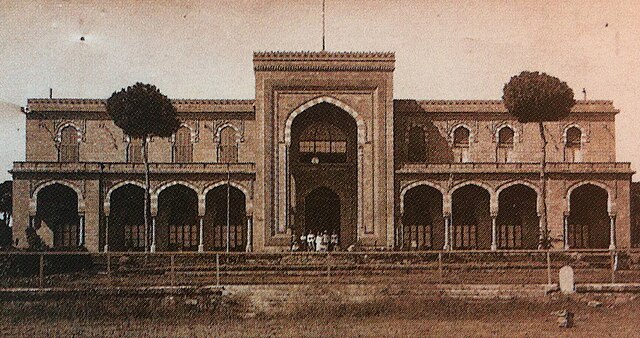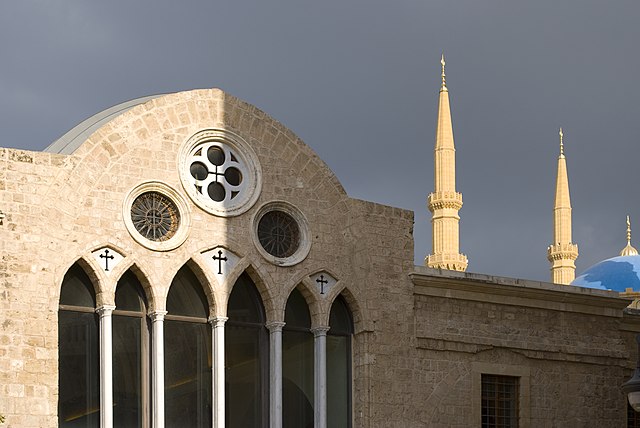The Sursock family is a Greek Orthodox Christian family from Lebanon, and used to be one of the most important families of Beirut. Having originated in Constantinople during the Byzantine Empire, the family has lived in Beirut since 1712, when their forefather Jabbour Aoun left the village of Berbara. After the turn of the 19th century, they began to establish significant positions of power within the Ottoman Empire. The family, through lucrative business ventures, savvy political maneuvering, and strategic marriages, embarked on what Leila Fawaz called "the most spectacular social climb of the nineteenth century," and, at their peak, had built a close network of relations to the families of Egyptian, French, Irish, Russian, Italian and German aristocracies, alongside a manufacturing and distribution empire spanning the Mediterranean.
Khalil Sursock, 1882
Sursock Museum in Beirut, Lebanon
Sursock Villa
Alfred Sursock's Pine Residence
Lebanese Greek Orthodox Christians
Lebanese Greek Orthodox Christians refers to Lebanese people who are adherents of the Greek Orthodox Church of Antioch in Lebanon, which is an autocephalous Greek Orthodox Church within the wider communion of Eastern Orthodox Christianity, and is the second-largest Christian denomination in Lebanon after the Maronite Christians.
Lebanon religious groups distribution: areas with a Greek Orthodox plurality are shown in bright yellow
An estimate of the area distribution of Lebanon's main religious groups
Saint George Orthodox Cathedral in Downtown Beirut
The St. Georges Greek-Orthodox Cathedral on Nejme Square








